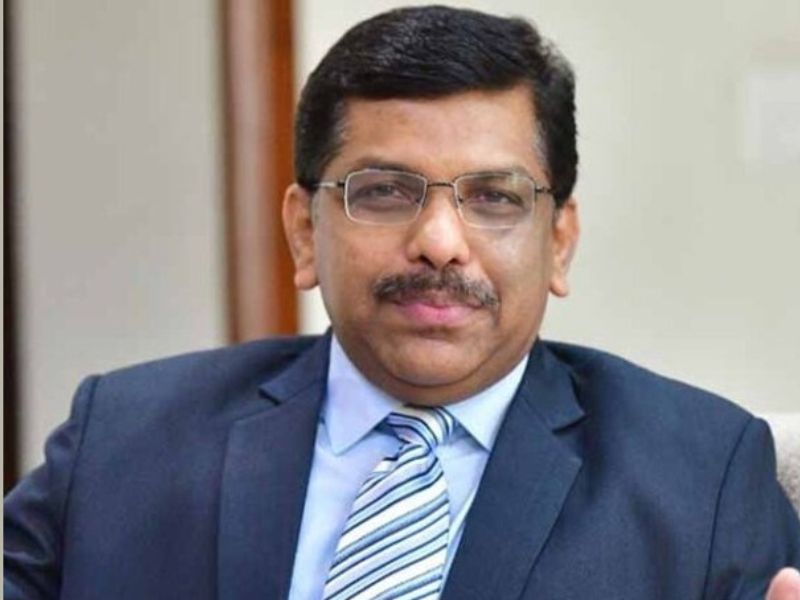
-Parmeet Shah, Founder, upcoming IB School in Mulund.
“Rote memorisation at the early stages of learning can have a crippling effect on the developing brain”. – Melanie West, leading child psychologist.
As another set of school examinations draw closer, students all across the country and at all grade levels are spending many of their waking hours engaged in a similar ritual: Memorising large amounts of material with the hope that they will retain it all just long enough so that they can write everything back on a final exam. Once this act is complete, the information is banished from their heads and they will probably never think of it again. Rote learning is the dominant paradigm or model of education in India and this is a big problem.
Globally, being equipped to compete in an fast evolving environment is a prerequisite; there is a need for students entering the workforce to be well-versed with their chosen domain of knowledge, with an in-depth understanding of the basics. But, are we making sure this happens in India? Perhaps not. We need to revisit our education system which is based on a typical, known and practiced route predicated on rote learning. It’s an approach that can actually obstruct the basic understanding of concepts and can kill curiosity and deeper learning.
In a research study conducted by Wipro, the question asked to school children was among Mahatma Gandhi, Indira Gandhi, Rajiv Gandhi and Sonia Gandhi, who is still alive? Only a little over a third of class 4 students interviewed as part of a five-city school survey in India got this one right, with a small percentage saying it is Mahatma Gandhi. As many as two-thirds of students, also from class 4, who were asked to state the length of a pencil — placed against a ruler — could not give the right answer. Nearly half the students in classes 4, 6 and 8 thought the shape of a square object would change if it is tilted. And about 45 per cent of students in these classes seemed to believe that a spider has six legs, despite the arthropod being described or named as ‘eight-legged’ in almost all Indian languages.
These findings are not based on responses from underprivileged children going to State-funded schools in rural areas. These are drawn from 89 of the country’s top schools, each of which had a library, a laboratory and enough computers, and 93 per cent stated they had internet facilities. And 63 per cent of the parents of these children hold a degree, post-graduate degree or doctorate, and more than 41 per cent of the fathers were into their own business. The significance of this study is that it shows that even the country’s top schools exhibit signs of rote learning.
Education before the internet age was all about knowing things or facts. It was believed that at a particular age children should have a certain amount of knowledge. According to Google CEO Eric Schmidt, the world now creates as much information every two days as we did from the dawn of civilisation up until 2003. The idea that our school boards can define a standardised set of facts from this ocean of information that all children must know and memorise in order to succeed in life is increasingly ridiculous.
India has the largest youth population, with around 356 million in the age group of 10-24, and we need to seriously reevaluate our education model which places an undue amount of importance to rote learning. Indias rank on the Human Development Index (HDI) stood at 130 in the latest report released by the United Nations Development Programme’s in 2015. India stood at the lowest among the BRICS nations on this index. Meanwhile education is one of the key contributors to the HDI. Educators feel the reason for Indias poorest show in the HDI is the outdated form of education that stresses on rote learning without encouraging creativity and questioning.
For a nation like India where the youth can play a pivotal role in changing the fortunes of the country, it is necessary that students shift away from rote learning and pursue holistic education instead.
Also Read: Abandon rote learning to prepare children for ‘Post-memory’ age
























